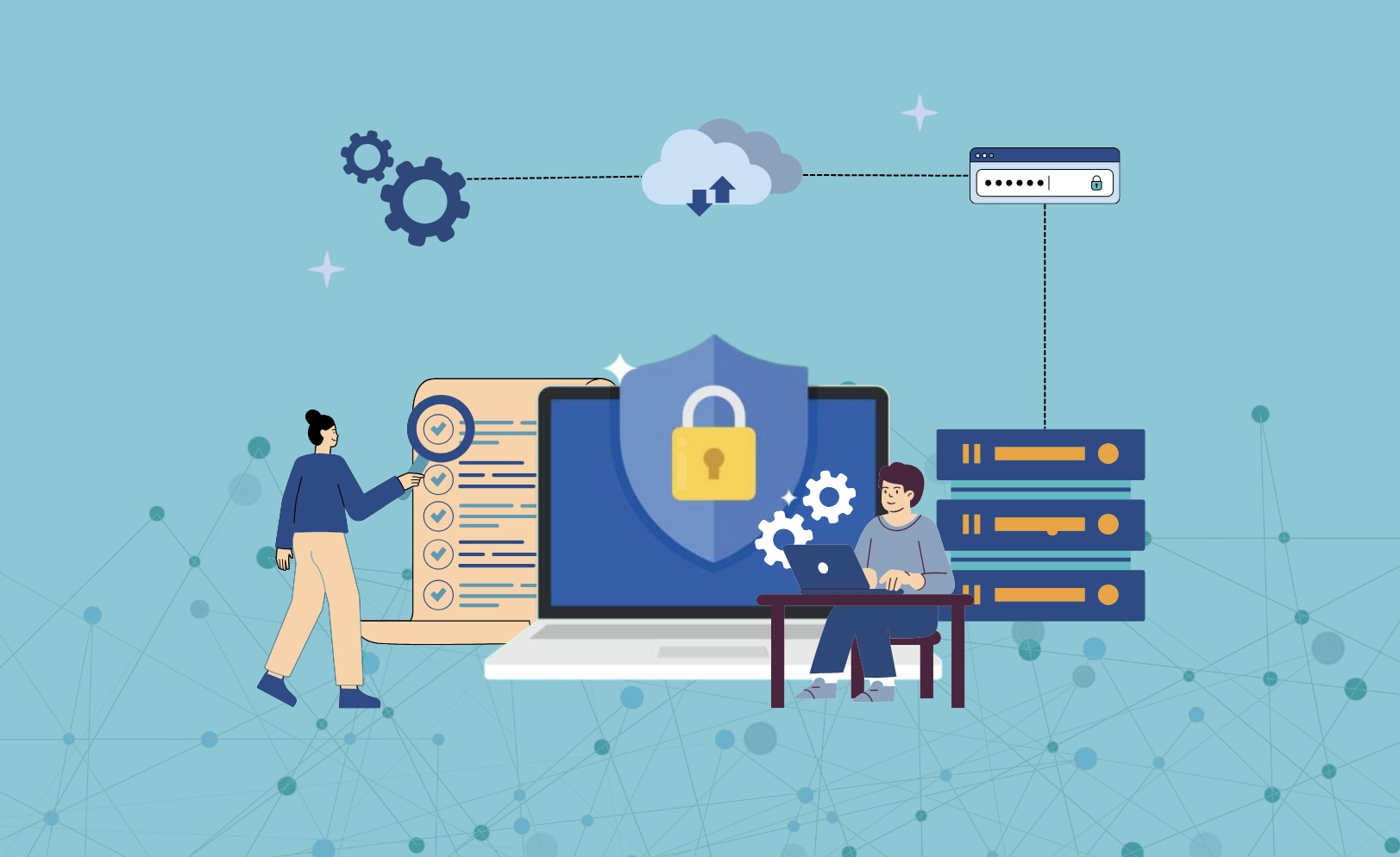What Makes Data Center Proxies Significant In Website Testing And Validation?

As the Internet continues to evolve rapidly, websites have emerged as crucial platforms for enterprises to showcase their brand and market their products and services. Ensuring the stability and accessibility of websites across diverse network conditions has thus become imperative, making website testing and verification indispensable.
Within this realm, data center proxies assume a critical role. This article delves into the significance of data center proxies in website testing and verification, examining their multifaceted contributions from various angles.
- Simulate the real network environment
- Hide the tester’s real IP address
- Improve testing efficiency
- Support automated testing
- Ensure the security of test data
Data center proxies play a vital role in website testing and validation by offering the capability to replicate diverse real-world network environments. This includes simulating various regions, network operators, speeds, and stability levels. Such versatility is crucial for testing websites comprehensively, especially given the diverse origins and connectivity methods of users worldwide.
Through data center proxies, testers can emulate complex network scenarios to assess a website's performance accurately under different conditions. For instance, they can mimic overseas user access to identify issues like geographical restrictions or latency issues. Similarly, testers can replicate different network operator environments to evaluate compatibility and stability under varied network conditions.
This ability to recreate authentic network environments enhances the accuracy and effectiveness of website testing and validation, bringing the process closer to real-world usage scenarios.
During website testing and verification, testers often need to visit the target site frequently to assess various functions. Yet, such frequent visits might trigger suspicion from the target website, potentially leading to being flagged as malicious and subsequently blocked. Herein lies the significance of data center proxies.
By utilizing data center proxies, testers can conceal their real IP addresses and access the target site from alternate IP addresses. This not only mitigates the risk of being flagged as malicious by the target site but also mimics the diverse access behaviors of different users, thereby enhancing the breadth and authenticity of the testing process.
Moreover, data center proxies enable testers to circumvent certain geographical restrictions or firewalls, expanding the scope of testing activities. This capability empowers testers to conduct more comprehensive evaluations, ensuring thorough examination of a website's functionality and performance across various scenarios.
During website testing and verification, testers often confront the challenge of assessing multiple target websites simultaneously. Configuring separate network environments and access methods for each website can lead to cumbersome and inefficient testing processes.
Data center proxies streamline this task by enabling rapid switching and testing of multiple target websites through centralized management and configuration. This approach simplifies the testing workflow, enhancing efficiency and productivity.
Furthermore, data center proxies offer high-performance network connections and stable proxy services, ensuring swift and reliable data transmission during testing. This not only minimizes waiting times but also mitigates the risk of test failures due to network-related issues.
By leveraging data center proxies, testers can significantly enhance the efficiency of website testing and verification processes. This leads to shorter testing cycles, reduced costs, and ultimately, more robust and reliable websites.
With the advancement of automated testing technology, an increasing number of companies are embracing automated testing tools for website testing and verification. The integration of data center proxies with automated testing tools further enhances the automation and precision of testing processes.
By incorporating data center proxies into automated testing tools, testers can script automated actions such as proxy switching, website access, and result collection. This automation reduces manual intervention and minimizes the risk of human error, facilitating batch testing and scalability.
Moreover, data center proxies offer detailed proxy logs and statistical data, empowering testers to analyze test results comprehensively. This analysis aids in identifying the root causes of issues and provides valuable insights for subsequent optimization and enhancement efforts.
In essence, the synergy between data center proxies and automated testing tools streamlines the testing workflow, improves accuracy, and facilitates informed decision-making for website optimization and enhancement.
During the website testing and verification process, testers often encounter the challenge of managing sensitive data, such as user personal information and transaction records. Any breach or unauthorized access to this data can result in severe losses for enterprises and users alike. Thus, safeguarding the security of test data is paramount.
Data center proxies play a crucial role in ensuring the security of test data during transmission. These proxies offer features such as encrypted transmission and security authentication, which effectively shield sensitive data from unauthorized access or interception. Additionally, data center proxies implement strict access controls, permitting only authorized testers to access the target website and test data.
This multi-layered security mechanism significantly enhances the security and integrity of test data, mitigating the risk of data leakage or illegal acquisition. By leveraging data center proxies, testers can uphold the confidentiality and integrity of sensitive information throughout the testing and verification process, thereby fostering trust and confidence among stakeholders.
In conclusion, data center proxies play a vital role in website testing and verification processes. They emulate authentic network environments, safeguard testers' identities by concealing their real IP addresses, enhance testing efficiency, facilitate automated testing, and ensure the security of test data.
Utilizing data center proxies intelligently enhances the accuracy and effectiveness of testing efforts while promoting the stability and availability of websites across diverse network environments. By incorporating data center proxies into testing workflows, organizations can conduct thorough and reliable assessments, thereby fostering confidence in the performance and resilience of their web assets.
